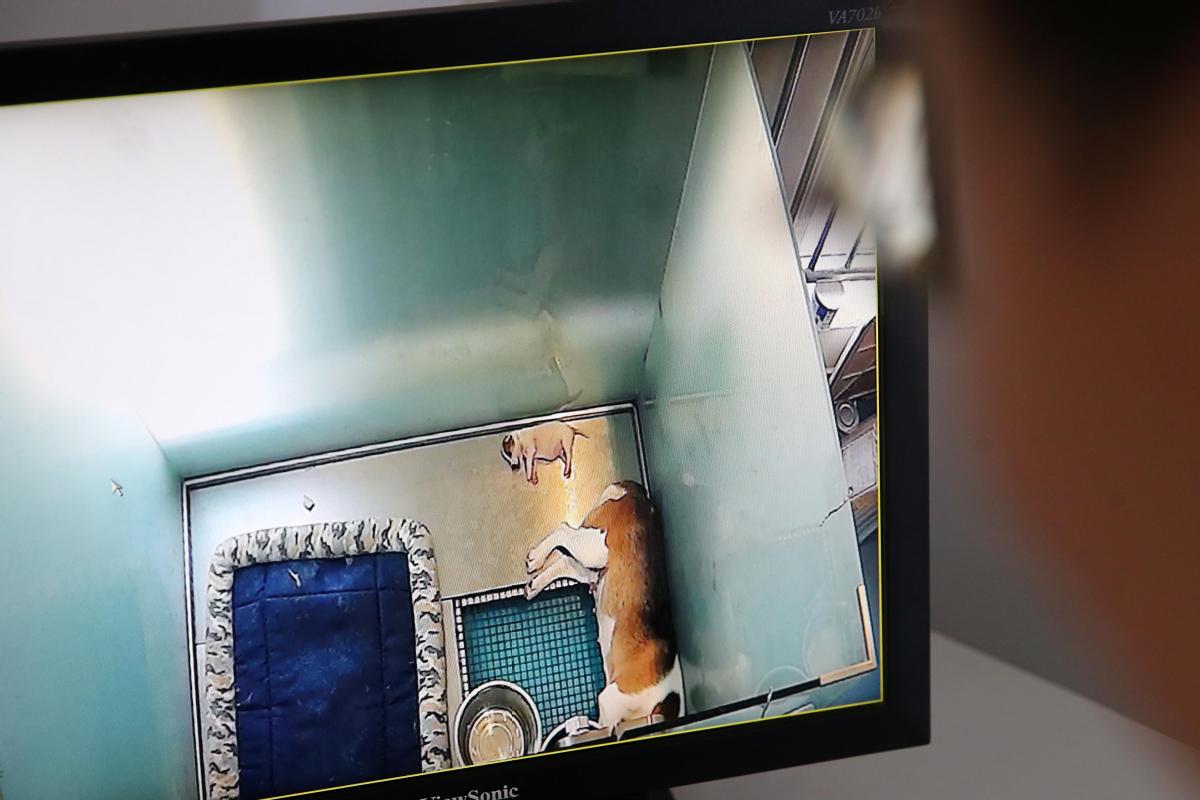Growth of pet cloning means love never dies


Growth potential
Sinogene is a relative newcomer to the commercial pet-cloning sector. For more than a decade, South Korea and the United States were the industry pioneers. As a result, companies from those countries initially benefited from the rise in pet ownership in China.
In 2012, Chinese people spent 33.7 billion yuan on pets, according to Qianzhan, an internet platform that provides industry analysis and forecasts.
Last year, the market reached 170.8 billion yuan, with dogs accounting for about 66 percent and the remainder being cats and other pets. Qianzhan estimates that China's pet market will hit 200 billion yuan next year.
In 2005, South Korea's Sooam Biotech Research Foundation was the first organization to successfully clone a dog. Since then, it has produced nearly 1,200 dogs for owners worldwide.
In 2014, Sooam began working with Boyalife, a Chinese biotech company, to meet demand for pet-cloning services in China.
Meanwhile, ViaGen Pets and Equine, a company in Texas that focuses on animal genetics, has also expressed optimism about China's market potential.
Having started cloning pets about five years ago, it has witnessed growing demand every year, including from Chinese clients.
"We look forward to having more clients from China. The country offers terrific opportunities for us because pets have become friends and family members to more Chinese people," said Blake Russell, the company's president.
ViaGen Pets and Equine charges $50,000 for a cloned puppy, a kitten costs $35,000 and a foal is $85,000.
While those are huge sums to most Chinese, Sinogene's Zhao believes people are willing to make sacrifices for their beloved pets.
"Most clients who ask for a pet to be cloned or have their pet's DNA preserved are not wealthy, but they see their pets as family members. Some of our clients have even taken out loans to clone them," he said.
He cited his parents as an example. "Teddy, my parents' dog, got lost last month. After he had been found, they asked me to preserve his DNA because they had suddenly become aware of their strong bond and could not bear the thought of losing him forever," he said.
Zhao's parents live in a small town in Shaanxi province, where dogs are traditionally used to guard homes, but with the country's rapid urbanization rate, many older people whose children have moved away for work are turning to pets as companions.


















